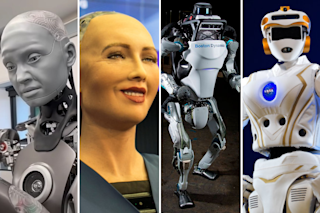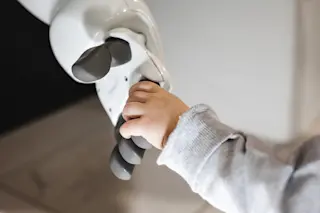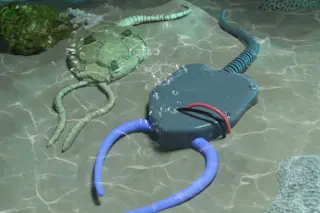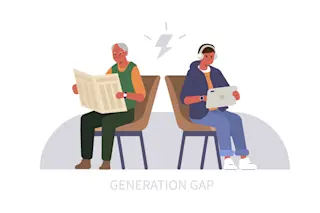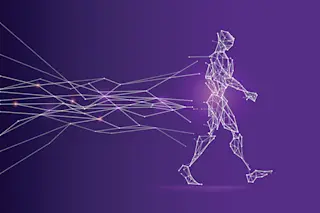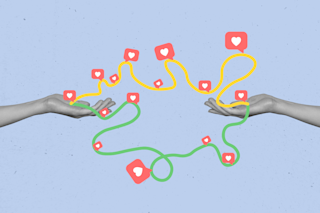Robots that look like humans have long been a science fiction staple. As a storytelling device, it’s easy to grasp their appeal. Whether it’s the replicants from Ridley Scott’s cyberpunk thriller Blade Runner or the expressive android Ava in Ex Machina, these lifelike constructs allow us to explore questions about gender, technology and what it means to be human.
For nearly a century — and arguably before — roboticists have been working to make that fiction a reality. And there’s no shortage of research into why human-like robots freak us out. (Spoiler: It may be because they make us feel less human ourselves.) But they still have the potential to benefit us; scientists have repeatedly shown that humanoid robots can help children with autism spectrum disorders build social skills, according to a 2022 study in the journal Children.
Read More: The Creepy Feeling in the Uncanny Valley
While they haven’t ...



